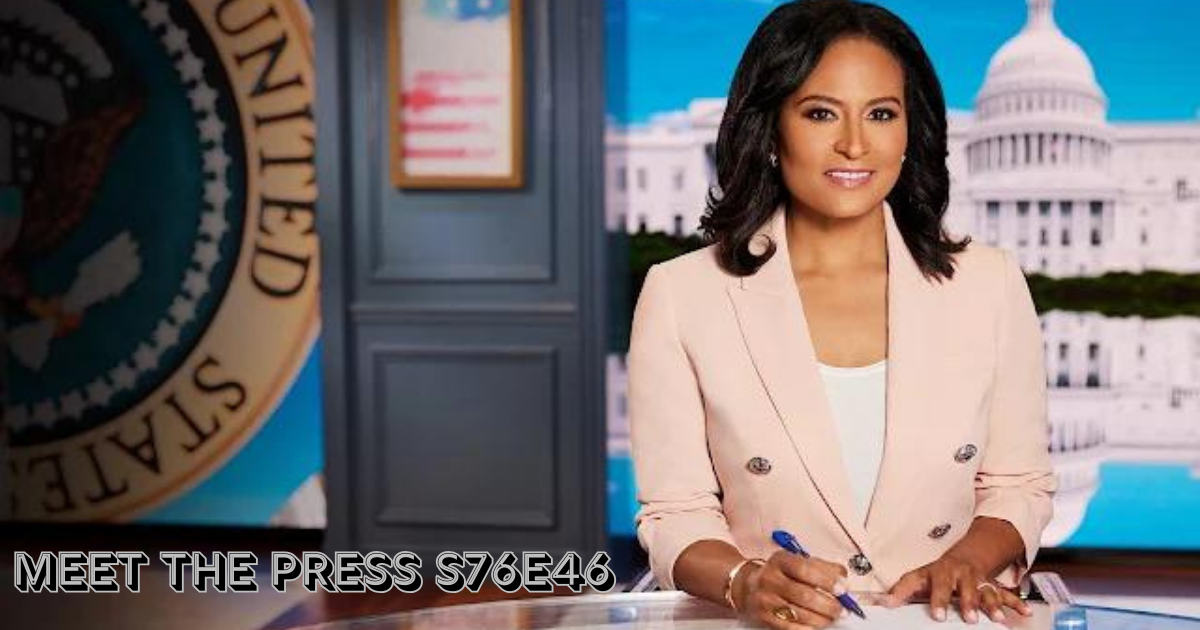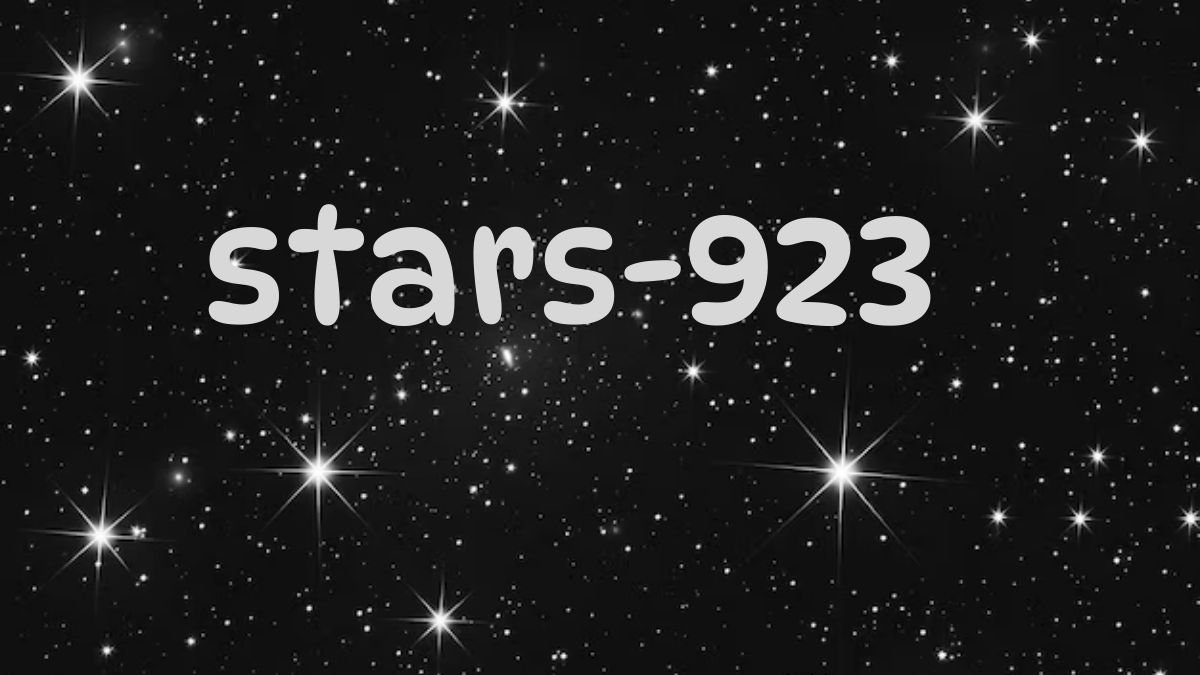The tragic death of Julio Foolio, a Jacksonville-based rapper known for his street-hardened lyrics and controversial presence, shocked fans and the hip-hop community alike. As a key figure in the city’s vibrant rap scene, Foolio’s sudden demise not only left a void in the music world but also raised many questions regarding the circumstances of his death. An autopsy report has become central to understanding the cause and manner of his passing, offering a clearer picture of what led to the tragedy.
Who Was Julio Foolio?
Julio Foolio, born Charles Jones, was a prominent rapper from Jacksonville, Florida, who gained widespread attention for his gritty and unfiltered musical style. Foolio’s music often depicted the violent realities of his life growing up in a tough neighborhood, providing a voice for those experiencing similar hardships. He rose to fame through songs that were raw and often laced with references to real-life violence between rival gangs in Jacksonville.
Foolio’s style of music was deeply rooted in his personal experiences, making him a controversial figure in the rap industry. His lyrics were not just art but also reflections of the ongoing street feuds he was part of. With songs like “When I See You,” a response to diss tracks by rival artists, Foolio became a face of Jacksonville’s rap scene, where music and real-life violence intertwined in ways that sparked both fascination and concern.
Despite his growing popularity, Foolio’s life was marred by several attempts on his life, stemming from his public feuds with other rappers and street gangs. His death, though tragic, was not entirely unexpected to those familiar with the violence that followed him.
The Events Leading Up to His Death
Before his passing, Foolio had been involved in several high-profile feuds with other rappers, most notably with Yungeen Ace and KSOO, both of whom are also Jacksonville-based. These rivalries were well-documented through diss tracks, social media taunts, and references to real-life violence, making Foolio a target for retaliation. In the weeks preceding his death, tensions in the Jacksonville rap scene had reached a boiling point, with several violent incidents adding to the charged atmosphere.
Foolio’s taunts and threats on social media were particularly inflammatory. He frequently posted about deceased rivals, stirring up further hostility between himself and those who opposed him. His provocative persona, while garnering him a large fanbase, also put him at constant risk. As such, his untimely death was viewed by many as a tragic yet predictable outcome of his highly publicized feuds.
What the Autopsy Reveals
Following his death, an autopsy was conducted to determine the exact cause and manner of Foolio’s demise. The findings of the autopsy have provided critical insights into what transpired in the final moments of his life Death of Julio Foolio.
Cause of Death: Multiple Gunshot Wounds
The primary cause of death, according to the autopsy, was multiple gunshot wounds. The examination revealed that Foolio had been struck several times, with fatal injuries to his chest and abdomen. The bullets had damaged vital organs, making survival impossible. The trajectory and placement of the wounds suggested a targeted attack, likely carried out by individuals familiar with his routine or whereabouts.
The autopsy also confirmed initial reports that Foolio was killed in a shooting incident, which many speculated to be related to his ongoing feuds. The nature of the attack—deliberate and coordinated—points to the possibility of a premeditated killing rather than a random act of violence.
No Defensive Wounds
Interestingly, the autopsy report indicated that Foolio did not have any significant defensive wounds, such as cuts or bruises on his hands or arms. This finding suggests that he may have been ambushed or caught off guard, leaving him little time to react or defend himself. The absence of defensive injuries implies that the attack was swift and unexpected, further supporting the theory that the perpetrators were determined to ensure his death Death of Julio Foolio.
Secondary Injuries
In addition to the fatal gunshot wounds, the autopsy report mentioned secondary injuries, such as minor abrasions and bruises. These injuries were likely caused as Foolio attempted to escape or during the fall after being struck. While not life-threatening, these secondary injuries paint a picture of Foolio’s final moments, possibly trying to evade his attackers before succumbing to the gunshot wounds.
The Impact of Foolio’s Death on the Rap Scene
Foolio’s death has had a profound impact on the Jacksonville rap scene and the broader hip-hop community. His passing serves as a stark reminder of the real-life violence that can sometimes accompany the lyrical feuds and diss tracks in certain pockets of the rap world. Though rap battles have long been a part of hip-hop culture, the violence that has erupted in recent years—often spilling from the studio into the streets—has raised concerns about the safety of artists involved in such conflicts.
In Jacksonville, Foolio’s death has further intensified the already volatile environment between rival rap groups. Fans of the rapper have taken to social media to express their grief, while others have used the platform to perpetuate the cycle of violence by celebrating his demise or taunting his loved ones. The social media aspect of these feuds has played a significant role in escalating tensions, with diss tracks and posts fueling hatred between opposing camps Death of Julio Foolio.
A Call for Change
As the autopsy confirmed the violent nature of Foolio’s death, many within the hip-hop community have called for a change in how rappers approach conflict. Several prominent figures have spoken out against the rising trend of violent feuds, urging younger artists to focus on using their platform to uplift their communities rather than engaging in destructive behavior.
This call for peace comes as other high-profile rappers have been killed under similar circumstances. King Von, Pop Smoke, Nipsey Hussle, and XXXTentacion are just a few examples of rappers whose lives were cut short due to street violence, prompting growing concern about the safety and well-being of hip-hop artists.
Conclusion: A Legacy Tarnished by Violence
Julio Foolio was undeniably talented, with a unique voice that resonated with many who grew up in environments similar to his own. However, his legacy is complicated by the violence that both surrounded and, ultimately, claimed his life. The autopsy report has provided much-needed clarity on the details of his death, confirming that Foolio died as a result of gun violence.
As the rap world continues to grapple with the loss of another young artist, the conversation must shift toward finding solutions to the ongoing violence within the industry. Foolio’s death should serve as a catalyst for change, pushing artists, fans, and industry leaders to reflect on the impact of glorifying street violence and to advocate for a safer, more positive future for hip-hop culture.











